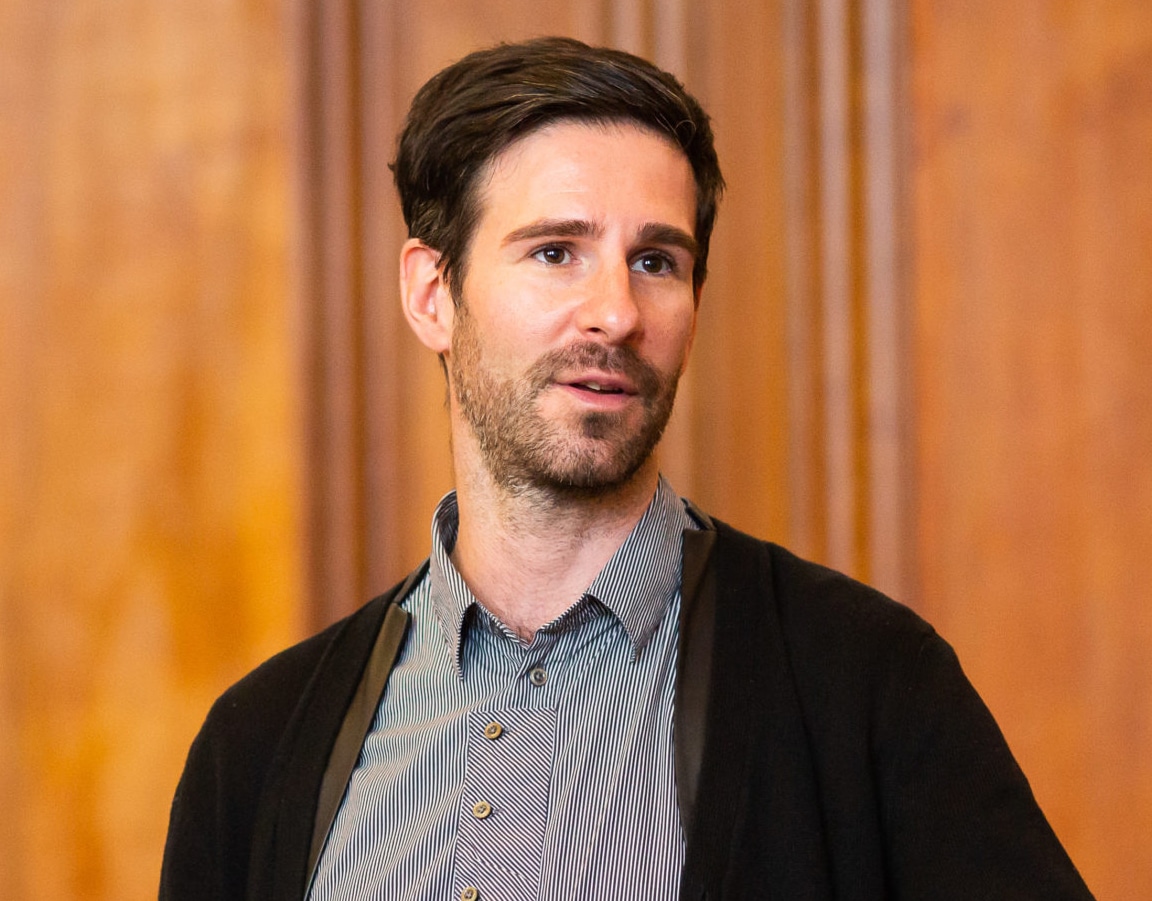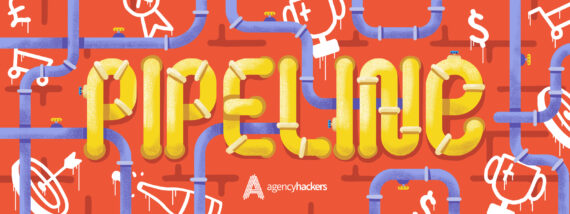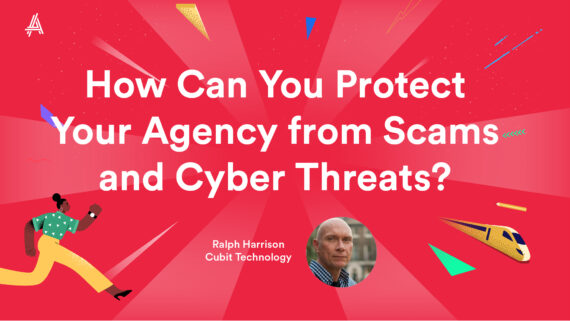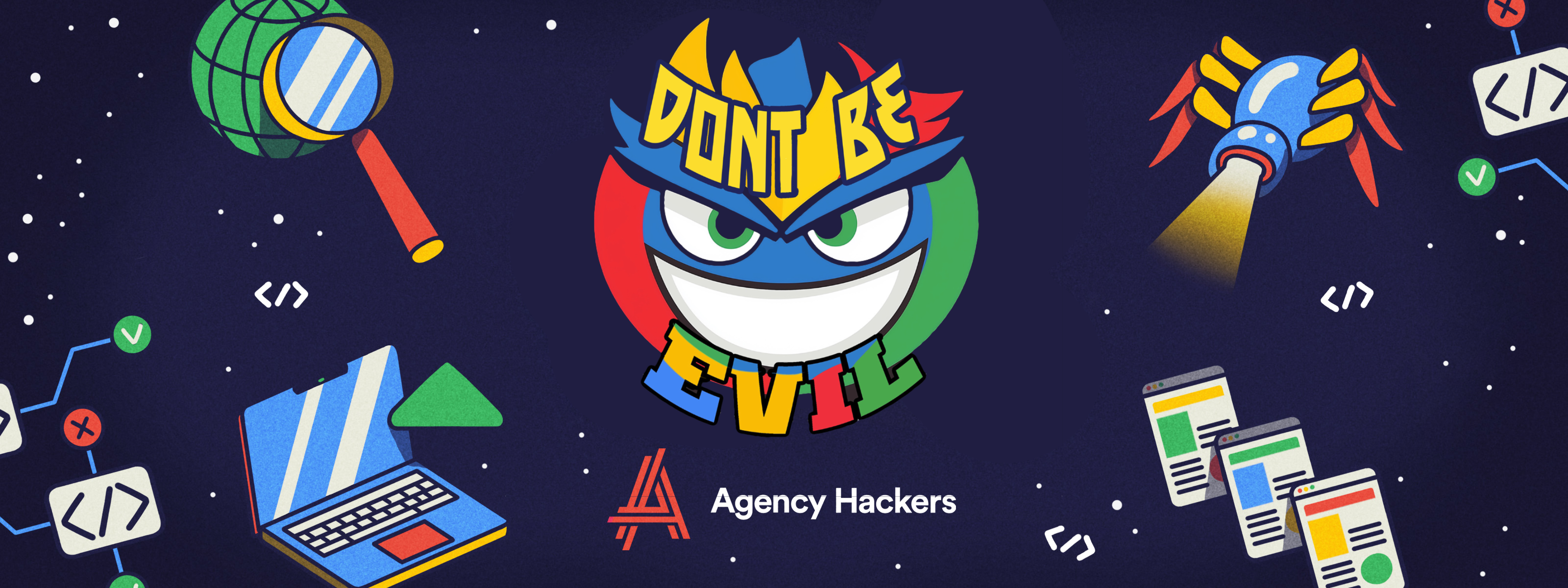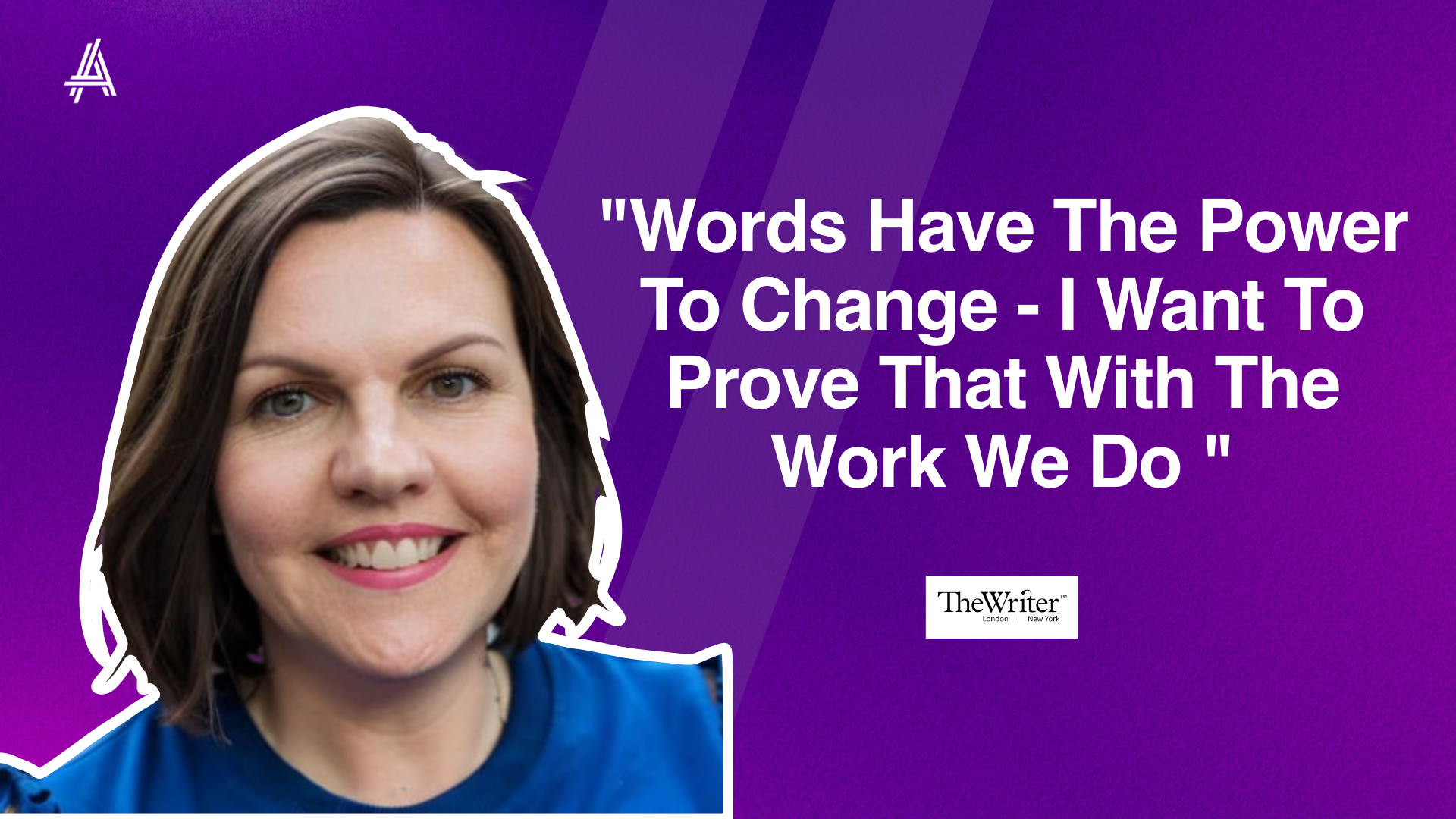Good news: we are finally getting good at running conferences.
We asked the people who attended our agency operations conference Clockwork for their feedback, and the 40% of the audience responded – rating the event on average 8.9 out of 10.
Our previous two events got scores of 7.7 out of 10 (Agency Growth Summit, March 2024) and 7.5 out of 10 (The Robots Are Coming) so this is a significant jump.
What’s interesting is that this score is not an accident. It’s due to some deliberate choices we’ve made, so in this post I’ll share what improvements we’ve made to our live conferences, what we’ve learned – and what we still have to do.

“Feedback is the breakfast of champions”
We’re keen to run the best live conferences we can. When I go to other live events I’m sometimes bored or fidgety, or I leave the event feeling it wasn’t worth the money.
I hate feeling like I’ve wasted time to sit in a room where people say obvious platitudes or show Simon Sinek quotes like they’re a victory at sea…
…but I love leaving a conference with one or two new ideas – and feeling like the future is bright and all the things I want to achieve are going to happen.
For a long time, I thought you could put on a good conference by feel. I know what a good conference feels like, so therefore I know how to run a good one.
Turns out, that’s not correct.
The only way to hold a good conference is to ask people what they like and what they don’t like – and then be obsessive about giving them that.
The problem is that asking for feedback feels tough. It’s 8am the day after you ran an event for 250 people, you are exhausted and relieved it’s over, and now – oh great – you have to email them all inviting them to tell you how crap you are.
I hate getting feedback.
I never, ever want to send that email. Really. This is not fake vulnerability! Me and my team literally worry about reading the responses that come in! (People who are not happy tend to respond first, so it feels like you failed.)
But we do – and I’m always glad because we learn a lot of unexpected things.
People like it when you do what they suggest
At our Clockwork conference, a lot of people commented on the fact that we’d made improvements they had suggested.
When I worked for an agency, we had McDonald’s as a client. Apparently, if a customer has a problem (“My fries are cold!”) and it’s solved (“Here’s some warm fries, sorry about that”) then that customer is actually happier than if they’d never had a problem at all!
We’re starting to see this same effect. After a previous conference, Stephen Pratley felt our team’s moderating could have been stronger. We got a few similar comments, so as a team we all got facilitation training.
Well, Stephen came back to our Clockwork conference and afterwards sent me this message:
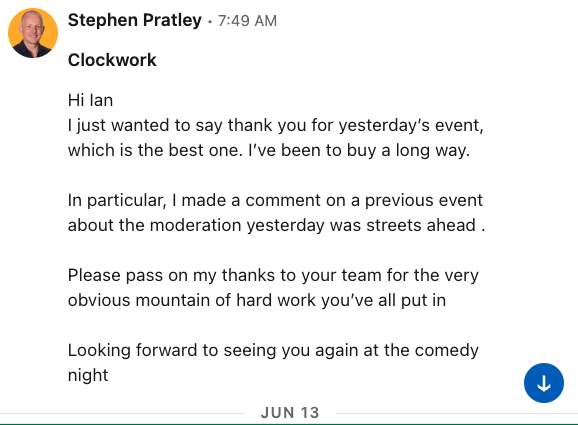
By asking for feedback and addressing it, we are steadily fixing the “bugs” in our product.
- We used to get comments about our events feeling chaotic or disorganised. Now we get comments about how smooth they are and how good the communications are.
- Then, once those issues were solved, we instead got comments about how the content didn’t always align with the copy that we sold the event on. So we started doing more prep with speakers, and now we don’t get that at all.
- Now we’re down to things about the venue being too warm and there not being enough fruit. These are still important, but it’s nice to be down to easily solvable, practical things like these.
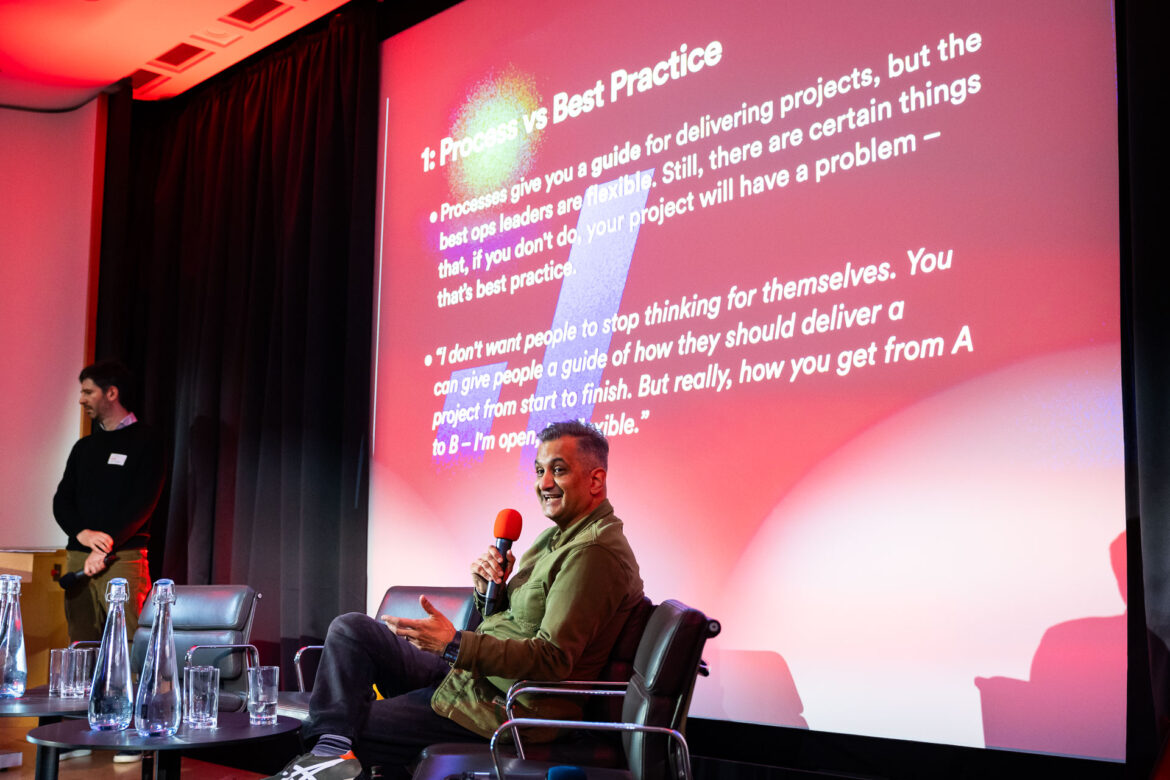
What changes did we make?
I’ll get to the feedback in a minute. But first, after our last event we made a few changes.
- We made the event a full day, rather than a half day.
Previously, people said they felt there wasn’t enough time, and they felt that they missed out on some breakout sessions – so we decided to run this as a full day event.
This was the right thing to do product-wise, but I’m still not sure it was wise commercially.
- Switching to a full day really hurts profitability.
- It costs us 3.5x more in venue fees because you have to pay more to hire The British Library (we use all the rooms) and you also have to provide lunch and more snack breaks.
- You also can’t charge 3.5x for the tickets, and you also definitely don’t sell 3.5x the number of tickets. (I’m not even sure people dwell too much about whether an event is a full day or a half day when they buy a ticket – it may not even factor into their decision.)
But for the moment we’ll stick with full day events for the most part, because attendees seem to like it.
- We improved the facilitation / moderation.
At our conferences we always prefer to spotlight practitioners – people who are living and breathing the subject matter.
This means that they are not slick, polished speakers. If we just let them talk for 30 minutes, they might ramble, or go off-topic, or skip over the interesting bits. So instead we developed something called “beats”:
- We work with the speaker to prepare some “beats” to cover, and then the Agency Hackers facilitator pulls the story out of them – involving the audience along the way.
- We do is have the “chapters” of the story up on the screen. At the start of the session you can see the ground we’re going to cover. Then we go through it step by step.
- This means the facilitator has to be on their toes, because not only are they driving the conversation they’re also trying to encourage participation from the audience.
This sounds easier to do that it really is. You don’t have to be an extrovert, but you do have to be fairly confident and in charge.
At our previous events we had some feedback that some facilitation was better than others. So we had facilitation training – and it seems that people noticed this.
It’s got to the point where – hilariously – people will say: “Your team are naturals at this! I could never be on stage like that.”
In fact, it’s not natural to them at all – they’ve just worked hard, practised, failed a little bit, and put themselves out of their comfort zone. And now they’re really good. I’m really proud of them.
- We split the group into two – A and B
At our last event we had two problems:
- The venue felt crowded during breaks.
- Our breakout rooms could only fit everyone if we used theatre-style seating, where all the chairs are in rows. (We prefer to have cabaret style – chairs around tables – so you can meet new people.)
To solve this, we created a system where you were assigned to one of two groups – A and B. While group A was in the main theatre, group B were in the breakout rooms and vice versa.
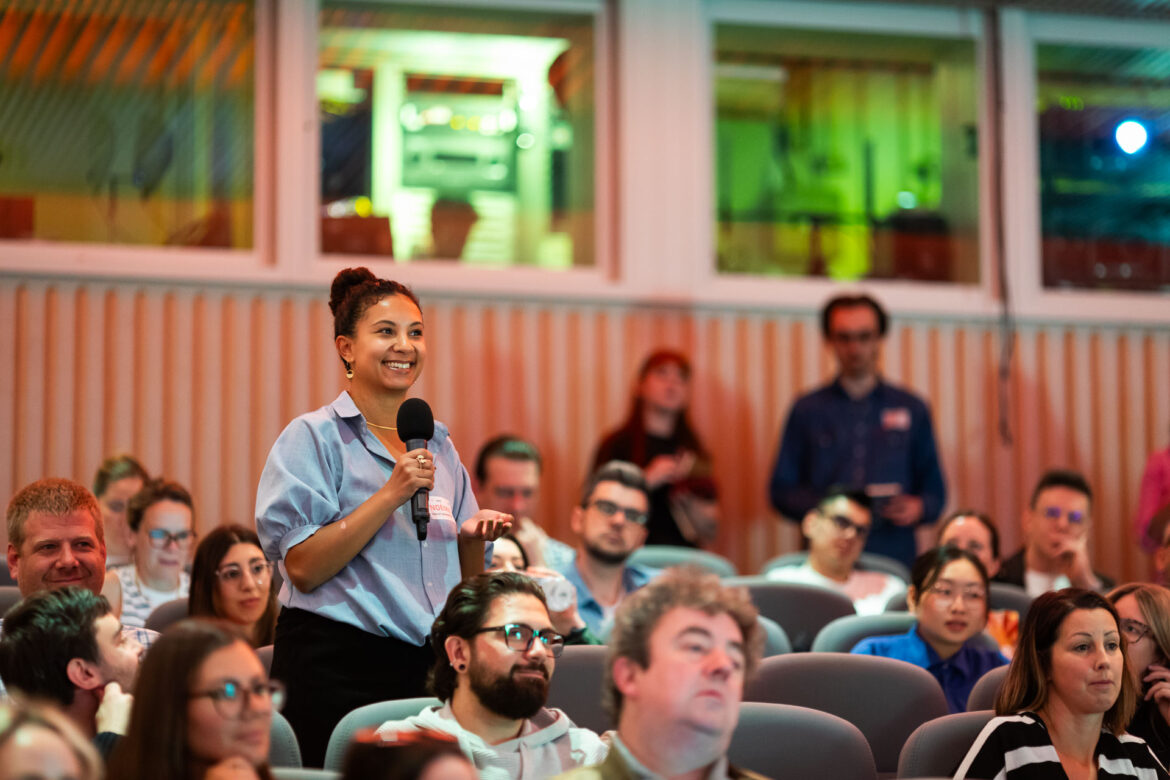
What did people say about the event?
1. People thought the facilitation was good
As I already said, our team really stepped up – in some cases going far outside their comfort zone to do something they didn’t think they could do.
- “I feel like the event itself ran really smoothly, Kirstie was absolutely fab at facilitating my session. Really enjoyable.”
- “The moderation was radically better than the last event at the same venue. Really impressive change. Well done”
- “The Agency Hackers team was really on point, in terms of organisation, energy levels and understanding their speakers and topics.”
2. People liked how the event was run and organised
There were a lot of positive comments on the format – they all kind of said the same thing:
- “I like how the event was organised and I like how you go to different rooms throughout the day, rather than sitting in one place, and it was also a good way to meet different people.”
3. Conflicting feedback on diversity
People always have opinions on diversity at events.
At Agency Hackers, we want to have a diverse line-up – but we also don’t want to pick people based on their skin colour or gender. We don’t want the people we invite to think they are just there to tick a box.
So what we do instead is this:
- We employ a full time team whose job it is to program our events. They cast the net as widely as they we can, and then we just pick the best people from that.
Interestingly, this does generally mean that we get a diverse line-up – and we avoid “box ticking”.
At this event, we got praise for being diverse – and criticism for not being diverse enough. One person said:
- “Really appreciate that you had multiple people of colour on stage: this really matters. I don’t know if this was a fluke, or you made the effort for this to be the case, but it’s rare to see, so well done.”
But another said:
- “It would be good if there were more diversity in the speaker line-up, especially racial diversity. The line up in this event was predominately white.”
These comments are obviously in conflict, but it’s not unusual to see this.
At a “multi-track conference”, even if the line-up as a whole is diverse it’s still possible to only select the talks with white men. But in fact – out of 12 people positioned as speakers or contributors – seven were women, five were people of colour. So our line-up was 60% white, and 40% “not white”.
There is an argument that you should ensure that every individual session is a perfect rainbow of diversity, but I don’t think it’s realistic or necessary. Maybe we’ll have a slide on diversity at the start so people can see where we stand overall at that event.
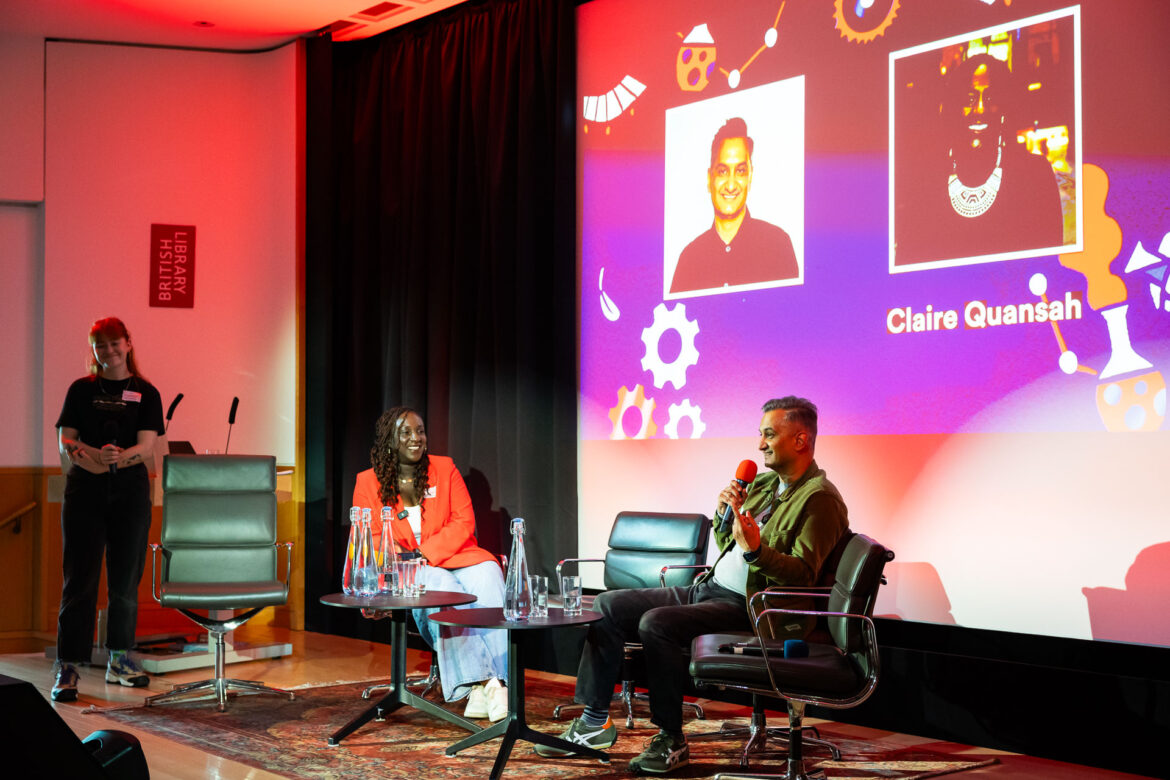
4. Other random improvements
Some people from outside London wished we’d start at 10am:
- “As I travelled from Newcastle, it’s not physically possible to get to an event in London by 9/9:30 am, therefore I had to stay over night which makes it quite an expensive trip. If the event started at 10, I could have travelled early that morning.”
Some people wanted more background information about the speakers:
- “It would be nice if we have more background information about the speakers. Some of the sessions did provide info such as what company they work for and their position, but it would be good to know things such as, the company industry, the company size, company type. e.g. Ryan spoke lengthy about planning, scheduling and utilisation in the company, and it was only revealed that his company mainly works on retainer projects when an audience ask about it. This completely changed the context of his session.“
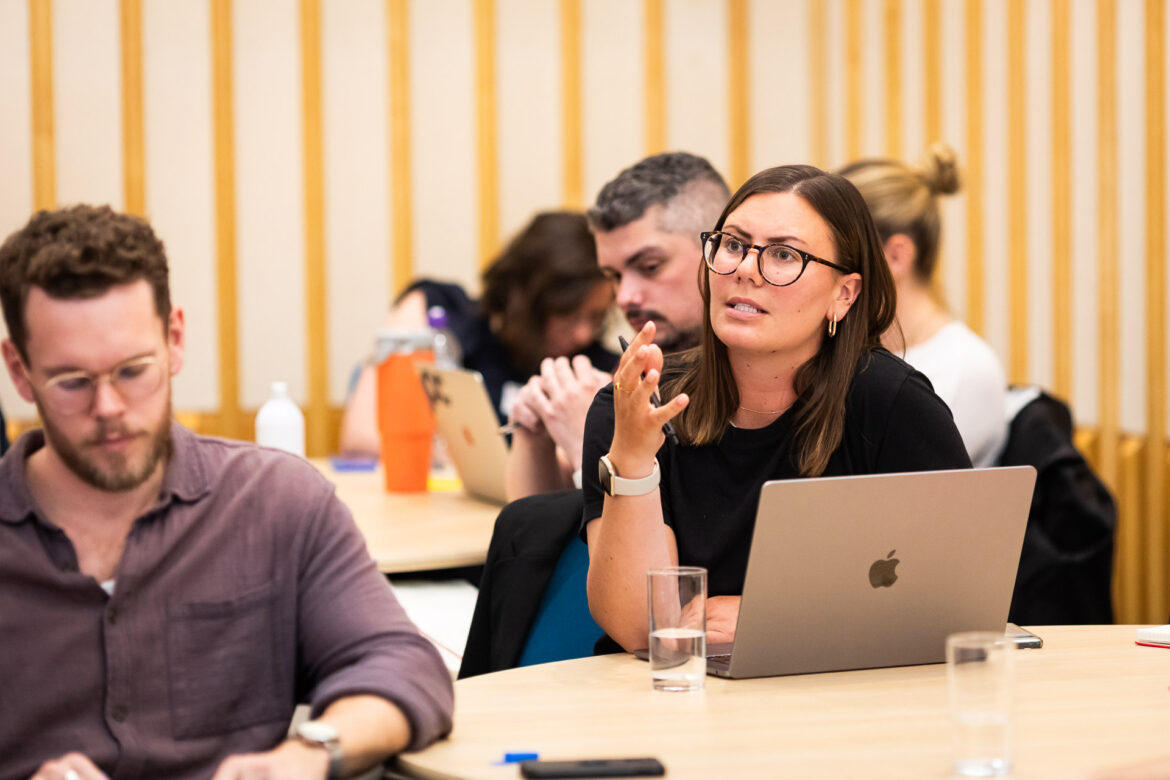
5. Operations surgeries can be improved
One of the new things we introduced were the “operations surgeries”. These happened in the main theatre, and were intended to give people a chance to hear questions and problems from other delegates – and take a stab at solving them.
People had lots of suggestions for how these could work better:
- “I think it would be useful if there is a theme for the operation surgery, so that even if people are not going to ask question, they can still listen in”
- “For me, the consultancy surgeries were a bit too ‘open’ and would have benefited from being centred around a particular angle or theme. If someone asked a question that was quite specific to them, or perhaps they aren’t an ops specialist and they ask something that feels a bit obvious to those that are, it’s not valuable time for the rest of the room.”
- “It seemed that being able to ask questions anomously was good at getting the ball rolling. I would put a bucket at the front of the stage for people to write and drop a question in to when they are entering the theatre. And then you have some questions if the room doesn’t want to stand up.”
6. People like the “tone and vibe”
We got a lot of feedback about the tone of the event.
For some reason, a lot of other conferences feel quite “serious” and tense. People frown and say scholarly things and it all feels like you’re with the grown-ups.
We want to be professional, but also warm and have a slight air of fun. Then, people let their guard down, and know it’s okay to share ideas and suggestions that aren’t necessarily peer-reviewed insights.
- “It was one of the best events I have been to in terms of content and pacing of the day and I felt very welcome.”
- “The vibe was fantastic. Most importantly, I left in a good mood having smiled plenty and am feeling energised this morning.”
- “The introduction from Ian really set the scene and I think put us all at ease and was one of the best parts for me. After the previous week literally writing a note to myself on how lonely I felt in the role and always feel like the bad cop and then this came up immediately! It weirdly was massively motivational and validating.”
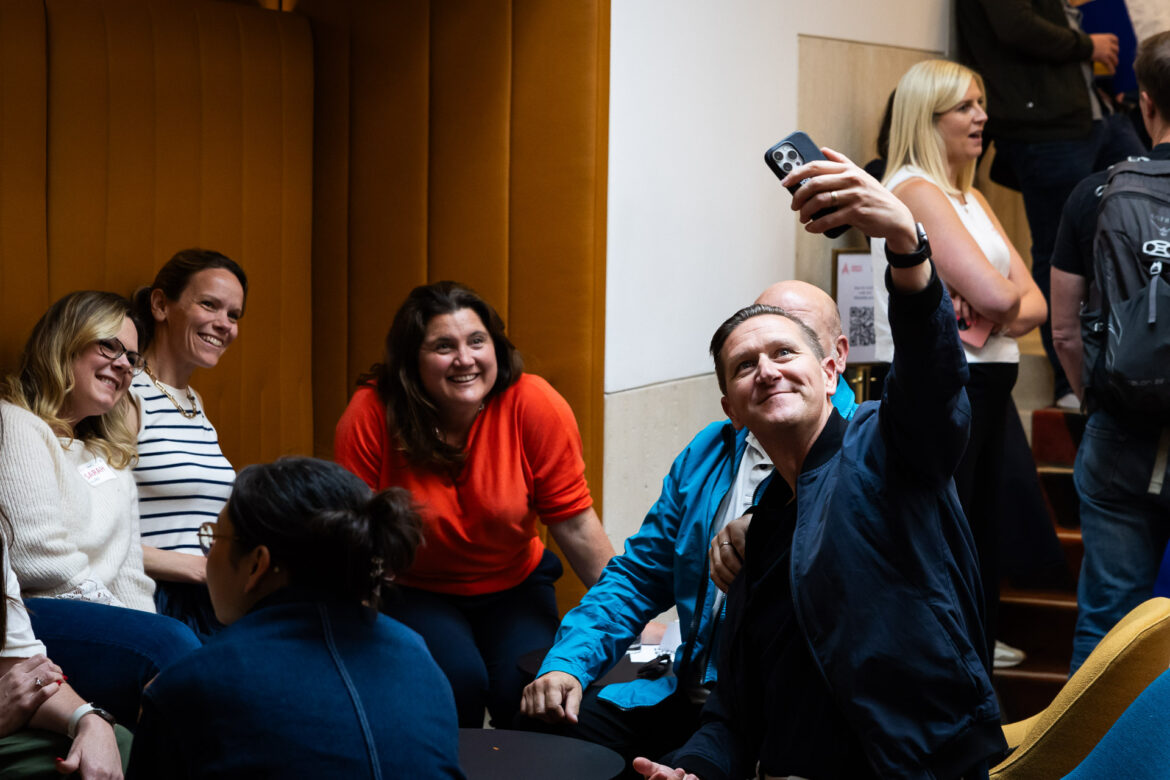
Thanks!
Thank you to everyone who attended Clockwork and provided us with such valuable feedback. Your insights and suggestions are so important in helping us make our events better.
We look forward to seeing you at our next event – The Robots Are Coming at The Royal Institution on July 11th 2024 – where we’ll try to do the same again and give you a really useful day of learning and inspiration.
Thank you to the Agency Hackers team – Kirstie, Sophie, Anne, Frankie, Abi and Sam – for taking all this feedback on the chin and being so mature and proactive about listening to customer feedback 🙏

Join 3,000+ agencies
Get the Agency Hackers Newsletter, and read candid stories from other agency leaders.
Upcoming events

Join 3,000+ agencies
Get the Agency Hackers Newsletter, and read candid stories from other agency leaders.


